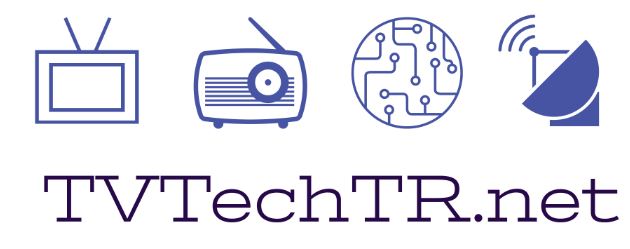There are hundreds of TV channels, each of which are 7/24 broadcasting. It becomes very complicated for the viewer to choose among these. Recommendation engines play important role on that. They help the people on their choices. Recently I got an e-mail from Platform agency, about a partnership between ContentWise & Bebeleye. The TV professionals will recognise these firms, they are doing great job in their own field and region. I believe this partnership will open new possibilities for both.
